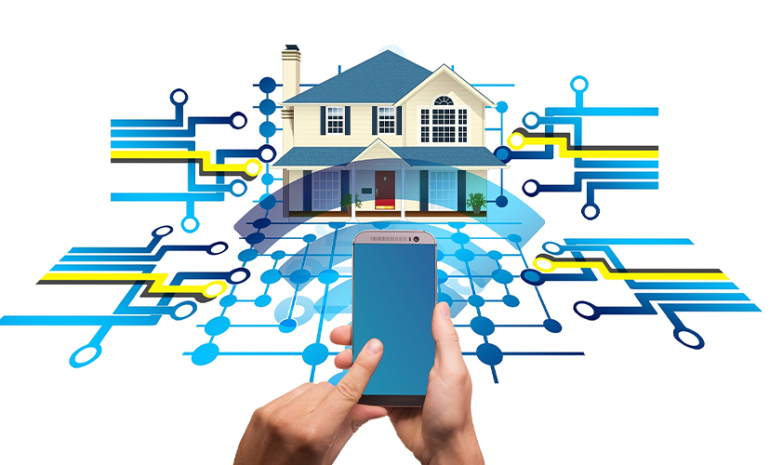In an era where technology is transforming industries worldwide, the construction sector is no exception. The integration of smart technology is revolutionizing how construction projects are planned, executed, and managed. From improving productivity to enhancing safety and reducing costs, smart technology plays a pivotal role in driving efficiency in construction projects. In this blog post, we will explore the various ways smart technology is enhancing construction project efficiency and shaping the future of the industry.
1. Building Information Modeling (BIM)
Building Information Modeling (BIM) is a digital representation of a building’s physical and functional characteristics. It provides a shared knowledge resource for information about a facility, forming a reliable basis for decisions during its lifecycle. BIM allows for improved collaboration among stakeholders, reducing errors and rework. By visualizing the project in a 3D model, teams can identify potential issues before construction begins, streamlining the planning and design process and ensuring a smoother project execution.
2. Drones and Aerial Imaging
Drones are becoming indispensable tools in the construction industry. They provide aerial imaging and surveying capabilities, offering real-time data on project progress and site conditions. Drones can quickly and accurately capture site data, monitor construction activities, and inspect hard-to-reach areas. This technology enhances site safety, reduces survey times, and provides valuable insights for project management, ultimately leading to more informed decision-making and increased efficiency.
3. Internet of Things (IoT)
The Internet of Things (IoT) connects physical devices, vehicles, and equipment to the internet, enabling them to collect and exchange data. In construction, IoT sensors can be embedded in machinery, materials, and structures to monitor performance, track usage, and detect potential issues. IoT technology facilitates predictive maintenance, reducing downtime and preventing costly repairs. It also enhances site safety by monitoring environmental conditions and ensuring compliance with safety standards.
4. Augmented Reality (AR) and Virtual Reality (VR)
Augmented Reality (AR) and Virtual Reality (VR) are transforming how construction projects are visualized and managed. AR overlays digital information onto the physical world, allowing workers to see 3D models and instructions on-site, improving accuracy and efficiency. VR immerses users in a virtual environment, enabling them to experience and interact with a project before it is built. These technologies enhance communication, training, and collaboration, reducing errors and speeding up the construction process.
5. Construction Management Software
Construction management software streamlines project management by integrating various functions such as scheduling, budgeting, resource allocation, and document management into a single platform. This software provides real-time updates and analytics, enabling project managers to make data-driven decisions. It enhances transparency, improves communication among team members, and ensures projects stay on schedule and within budget, significantly boosting overall efficiency.
6. Robotics and Automation
Robotics and automation are revolutionizing construction by taking over repetitive and labor-intensive tasks. Automated machinery and robots can perform tasks such as bricklaying, concrete pouring, and welding with precision and speed. This technology reduces labor costs, minimizes human error, and increases productivity. Robots can also work in hazardous environments, enhancing worker safety and allowing human workers to focus on more complex and strategic tasks.
7. Artificial Intelligence (AI) and Machine Learning
Artificial Intelligence (AI) and Machine Learning (ML) are driving innovation in construction by analyzing vast amounts of data to optimize project planning and execution. AI algorithms can predict project timelines, identify potential risks, and suggest mitigation strategies. Machine learning models can analyze historical data to improve future project outcomes. These technologies enable proactive decision-making, reduce delays, and enhance overall project efficiency.
Conclusion
Smart technology is undeniably transforming the construction industry, enhancing project efficiency through improved planning, execution, and management. From Building Information Modeling (BIM) to drones, IoT, AR/VR, construction management software, robotics, and AI, these technologies are paving the way for a more efficient, safe, and sustainable construction process. By embracing these innovations, construction firms can stay competitive, deliver projects faster, and meet the ever-evolving demands of the industry. The future of construction lies in the seamless integration of smart technology, driving efficiency and shaping the built environment of tomorrow.


